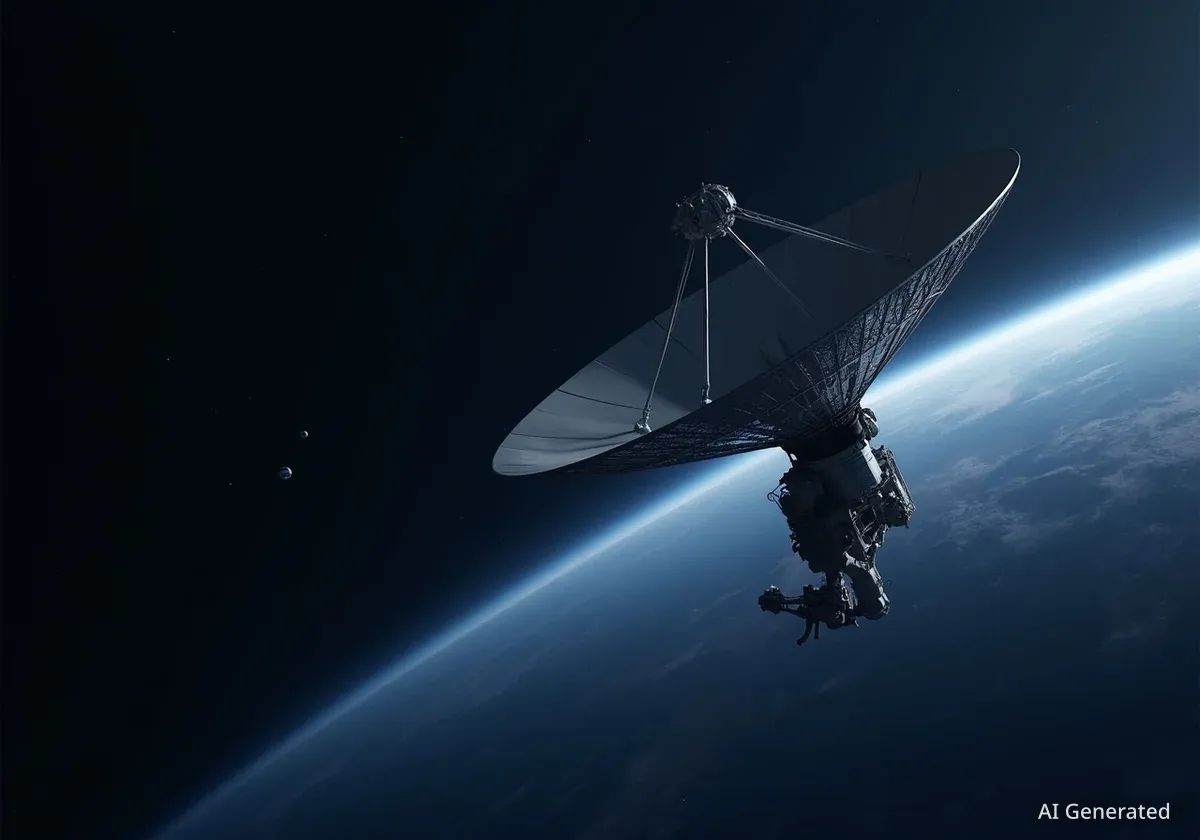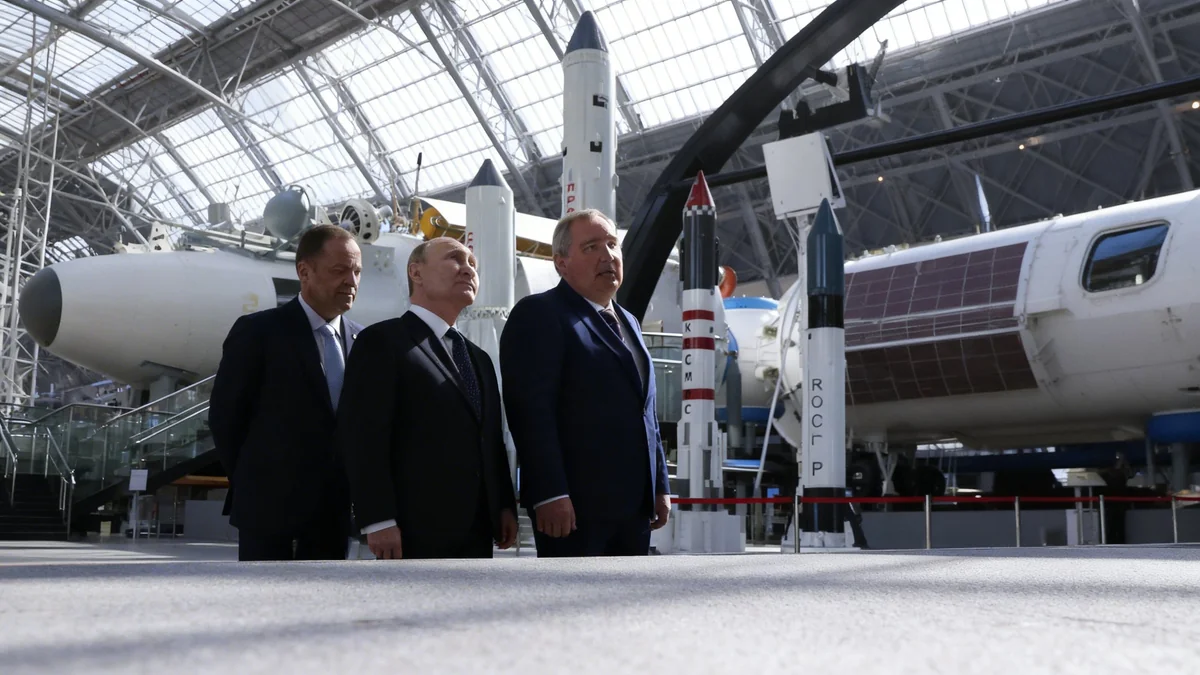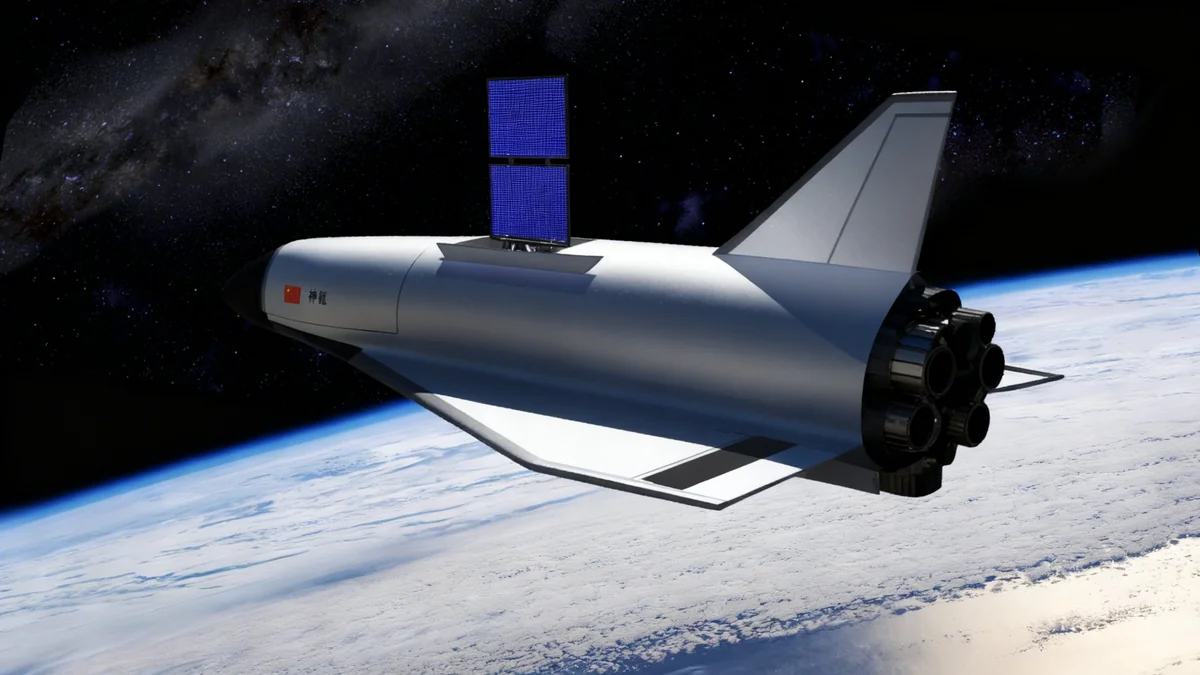A senior French military official has issued a warning about a significant increase in hostile activities in space, identifying Russia as a primary actor. The statement highlights a growing trend of disruptive actions targeting satellites, a concern shared by several Western nations who are now reinforcing their space defense capabilities.
Key Takeaways
- France's top military space official, Major General Vincent Chusseau, reports a spike in hostile space activity since 2022.
- Disruptive methods such as satellite jamming, laser targeting, and cyberattacks have become more common.
- Western allies including the United Kingdom, Canada, and Germany are also enhancing their space defense systems in response to growing threats.
- According to Canadian military officials, there are now more than 200 anti-satellite weapons in orbit.
French Official Details Growing Space Threats
Major General Vincent Chusseau, the head of French Space Command, has detailed a marked rise in what he described as "hostile or unfriendly" actions in Earth's orbit. In his first interview with international media since assuming his role, he stated that these activities have intensified significantly following Russia's full-scale invasion of Ukraine in 2022.
According to Chusseau, adversaries have diversified their methods for disrupting satellite operations. He identified jamming, the use of lasers, and cyberattacks as tactics that are now commonplace. This shift in behavior underscores a new reality in orbital operations.
"The Ukraine conflict shows space is now a fully-fledged operational domain," Major General Chusseau remarked, emphasizing the strategic importance of orbital assets.
A History of Concerns
This is not the first time France has raised alarms about Russian space activity. In 2018, the French government publicly accused Moscow of attempting to intercept communications from a Franco-Italian military satellite a year earlier by maneuvering a Russian spacecraft into close proximity.
In addition to Russia, Chusseau noted the rapid development of China's space capabilities. He described its progress as "dizzying," pointing to the increasing number of satellite launches for new constellations and the development of advanced orbital technologies.
International Allies Share Concerns
France is not alone in its assessment of the growing risks in space. Military leaders from several allied nations have recently made similar public statements, signaling a united Western concern over the security of critical satellite infrastructure.
Major General Paul Tedman, head of UK Space Command, spoke last week about the increasing danger to satellites, which are vital for global economies and military operations. "This economic and military dependence on space is increasingly being held at risk," Tedman said, adding that the threat is growing "in scale, in sophistication, and in speed."
Over 200 Anti-Satellite Weapons in Orbit
During a conference in Paris, Canada's military space chief, Brigadier General Christopher Horner, provided a stark statistic. He stated that there are now more than 200 anti-satellite weapons in orbit. "That is a shocking number," Horner commented, explaining that these systems threaten everything from communications to Earth observation.
The Kremlin has consistently denied that it is weaponizing space and maintains that Western powers are engaged in a hybrid war against Russia. Moscow has stated its opposition to placing weapons in space and has refuted claims by the United States about the deployment of systems capable of attacking other satellites.
National Responses and Defensive Strategies
In response to the escalating threats, Western nations are actively working to strengthen their space-based defenses and enhance the resilience of their orbital assets. These efforts involve both technological development and strategic policy shifts.
Germany's New Defense Constellation
Germany is taking concrete steps to protect its national systems. Major General Michael Traut, head of German Space Command, announced that his government is "absolutely determined to quickly enhance our capabilities." He outlined plans for a new multi-orbit satellite constellation designed for space defense, with the first stage expected to be completed by 2029.
France's Two-Pronged Approach
France is pursuing a strategy focused on both resilience and active defense. One of its main priorities, according to Chusseau, is to improve the durability of its space assets, particularly in the domain of low-Earth orbit (LEO) constellations. This area has seen rapid growth, largely driven by networks like Elon Musk's Starlink. France recently moved to increase its stake in Eutelsat, a Paris-based operator whose OneWeb LEO network is a competitor to Starlink.
Beyond defensive measures, France is also developing capabilities to take action in space. Chusseau stated a priority is to accelerate the ability to carry out "a wide spectrum of effects in space... not only to see and understand, but also to act."
- Orbital Patrol: France has announced a series of demonstrator satellites designed to patrol orbits and monitor the activities of adversaries.
- Surface-to-Space Capabilities: French Space Command has confirmed it aims to acquire technologies that can "deny, prohibit and disrupt" the actions of adversaries from the ground.
These strategic initiatives from France, Germany, and their allies reflect a fundamental shift in how nations view space—no longer just a domain for scientific exploration and commercial services, but an arena of strategic competition and potential conflict.





